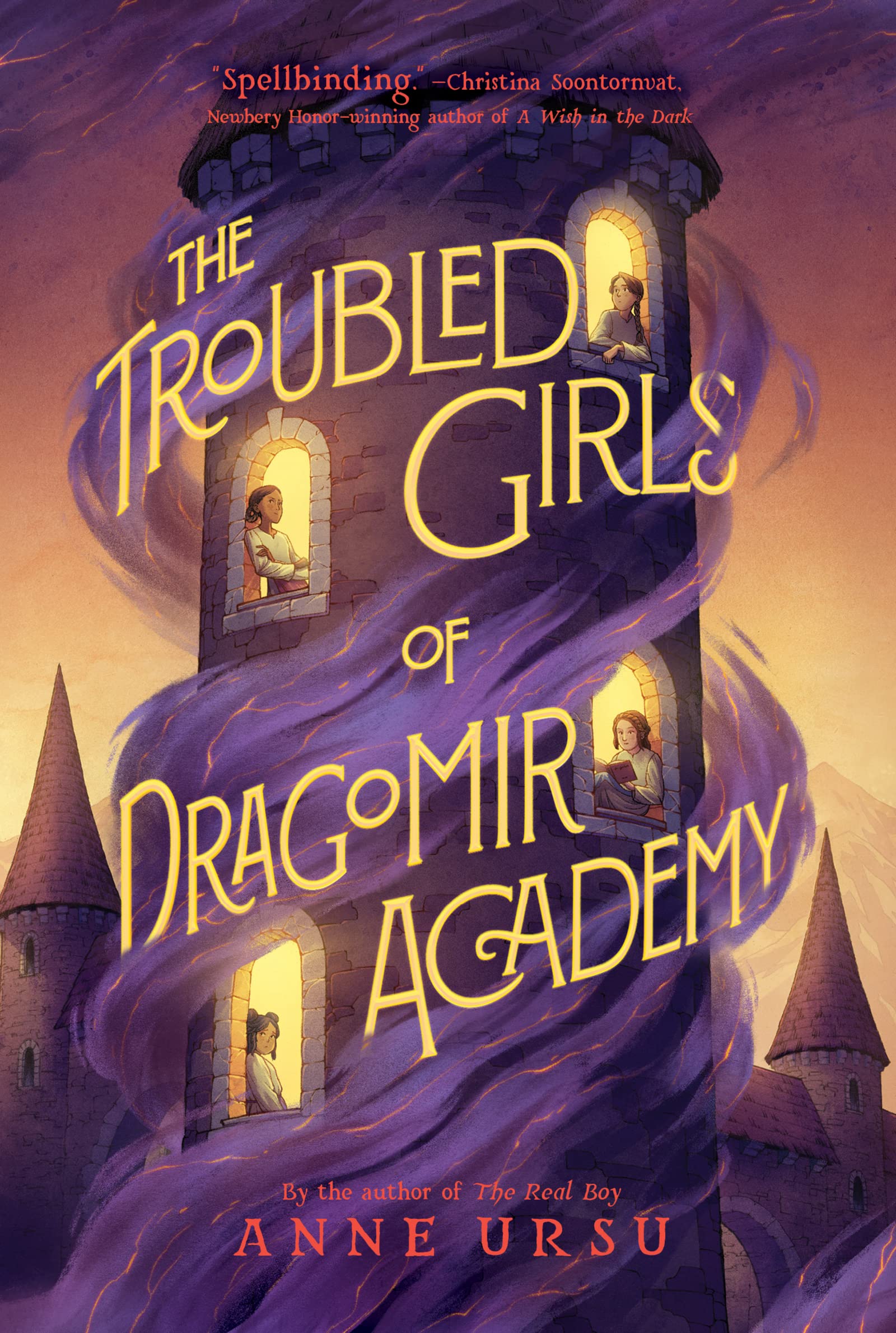They were sent away because they caused trouble. But at Dragomir Academy, they’ll learn that trouble is exactly what’s needed.
Anne Ursu’s “The Troubled Girls of Dragomir Academy” is a middle-grade fantasy that tackles systemic sexism with sharp wit and heart. Set in the patriarchal kingdom of Illyria, the story follows Marya Lupu, a girl overshadowed by her brother Luka, who is being groomed to become a sorcerer tasked with defending the realm. When Marya accidentally disrupts Luka’s magical evaluation, she’s shipped off to Dragomir Academy, a secluded reform school for “troubled” girls. There, she discovers a cohort of sharp, defiant classmates and uncovers the academy’s sinister role in suppressing girls’ potential to uphold male-dominated power structures. The novel blends mystery and social critique, weaving in themes of resilience and hidden histories.
This book is a powerhouse for exploring SDG 5: Gender Equality, as Marya’s journey exposes how societal narratives erase women’s agency and reinforce inequality. Educators can use the academy’s gaslighting rhetoric (“girls are either evil or weak”) to spark discussions about real-world gender stereotypes and historical erasure. Marya’s critical questioning, guided by her mentor’s advice: “Who does the story serve?” exemplifies being a Thinker.
Teachers can pair group readings with activities like analyzing historical parallels (e.g., limited educational access for girls in many parts of the world). Ursu’s layered worldbuilding and Marya’s emotional arc make this ideal for literature circles, encouraging students to connect systemic critique with personal reflection on fairness and self-advocacy.

